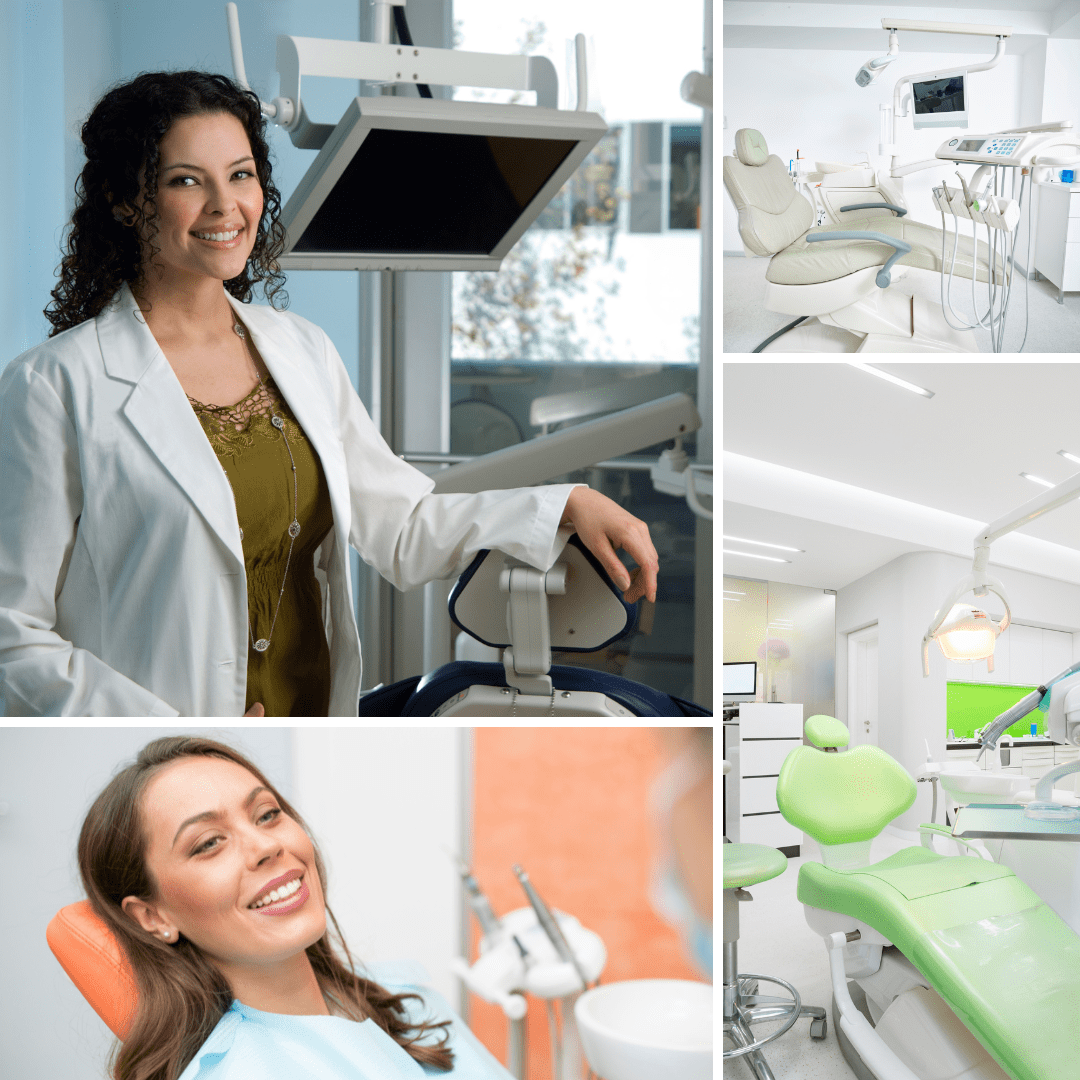Proven treatments. Natural results. See for yourself…
Teeth missing is a common dental condition. In reality, most people lose a permanent tooth at some time in their lives, and 20% of us are even born without one or more permanent teeth. At Dentx Dental, we provide patients of all ages with high-quality, relaxing tooth replacement options.
People lose teeth for a variety of causes, including tooth decay, gum disease, trauma, and genetics. Missing teeth can have an adverse effect on your ability to chew and speak, lead to bone loss and other health problems, and lower your self-esteem if they are not replaced. Fortunately, our dentists that specialise in tooth replacement provide efficient procedures including dental implants, dentures, and bridges that may both restore your smile and oral health.
Book online now or call us at 602-861-3700
When you decide on a professional tooth replacement when you have one or more missing teeth, the results can change your life. In addition to affecting your confidence, missing teeth can also contribute to potential health problems like:
Bone loss: The lack of teeth can lead to bone loss in the jaw’s surrounding area, which can change the shape of the face and create jaw pain.
Crooked teeth: When a tooth is lost, the surrounding teeth may try to fill in the gap and realign themselves, which can make them harder to clean.
Gum disease – When teeth are missing, the gums beneath are exposed, making it easier for pathogenic germs to infect and inflame the gums.
Affected speech: Over time, missing teeth frequently have an impact on how words are pronounced.
Our mission is to work with you, understand your needs and concerns, and help you choose the tooth replacement therapy that is best for you. Our goals are to protect your long-term dental health and raise your sense of self-worth.


When you have missing teeth, it means that one or more of your teeth have been lost or extracted. Numerous factors, such dental decay, gum disease, trauma, or heredity, might cause this.
Your dental health and quality of life might suffer when you have a tooth missing in a number of ways. For instance, it could be more challenging to chew meals thoroughly, which might result in digestive issues. Additionally, it may result in the displacement of your remaining teeth, which may affect the alignment of your jaw and bite. Additionally affecting your speech and appearance, missing teeth can also make you self-conscious.
Dental implants, bridges, and dentures are a few possibilities for replacing missing teeth, which is a blessing. Depending on your particular requirements and preferences, your dentist can assist you in making the optimal decision. To protect your dental health and enhance your quality of life, it’s critical to replace lost teeth as soon as feasible.
To ensure that the implant is of the highest calibre and functions and looks exactly like a natural tooth, we will use cutting-edge 3D imaging.
For people who are missing several teeth, implant-supported dentures are a great option. With this procedure, dental implants are placed as a base and a denture is fastened on top to give your smile greater structural support while also giving it a natural-looking appearance.
If you are losing bone as a result of missing teeth, bone grafting may be an option to restore the strength, structure, and aesthetic appeal of your teeth and jaw.
Gum disease, also known as periodontal disease, is the number one cause of tooth loss among adults. It begins with bacteria and inflammation in the gums. As it progresses, it destroys the gum tissues and can destroy the jawbone underneath the gums, resulting in no support for the teeth.
Cavities are holes in teeth caused by a bacterial infection that turns into tooth decay. If untreated, a cavity can destroy the tooth, which may result in a root canal or even removal of the tooth.
Accidents happen, especially during sports, which is why mouth guards are important.
Falls, car accidents and more can also cause tooth loss.
In addition to periodontal disease, these diseases and risk factors can lead to tooth loss:
In some cases, permanent teeth never form due to an inherited malformation of the upper and lower mandible. This type of tooth loss can occur with certain congenital conditions, including cleft lip and palate and down syndrome
Implants, dentures, dental bridges
Dental implant is an artificial tooth root or post, surgically placed into the jawbone to replace
missing teeth or teeth. Once the bone forms around implant, an artificial tooth or teeth can be
mounted.
Dentures are basically removable false teeth. Dentures can be taken out and put back into the mouth. They are an appliance or prosthesis for people missing one, many or all their teeth. Dentures replace missing teeth and in turn help patients with their eating and speech. Dentures help keep the remaining teeth in position and improve patients’ self-confidence.
Effective for replacing multiple missing teeth at a time, a dental bridge is a third option. These sets of artificial teeth are cemented to supporting structures: either healthy teeth with crowns or implants.
Though the procedure to put dental bridges in place isn’t as invasive as that for implants, 2-3 appointments are required.
Braces
Treatment to replace a missing tooth may also involve orthodontic work. If you have had a tooth gone for a while, the other teeth may have moved out of alignment. Braces can bring the remaining teeth back into their proper position before replacing the ones you are missing.
This may be an optional part of your treatment, but remember, having straight teeth is not just about esthetics; it also makes it easier to maintain good oral hygiene. Your dentist will explain your treatment options and outcomes.
If a patient has bone loss which limits the options for dental implants, the dentist might consider other options like bone graft, sinus lift or zygomatic implants
A bone graft is a procedure to apply bone tissue or similar substances to damaged bones
Due to its extremely high success rate, it is a popular option. The bone graft improves the bone density in the jaw to the point where you can support dental implants.
Once applied to the jaw, the bone graft may take 3 months or longer to heal before you can start the implant procedure.
A sinus lift is similar to a bone graft but is applied to the upper jaw. Like a bone graft, it has an extremely high success rate
For this procedure, an opening is made along the gum tissue near the upper teeth. The sinus membrane is lifted and packed with bone powder. The powder gradually integrates with and reinforces the surrounding bone tissue. The sinus lift may take 3 months or longer to integrate to the point where implants can be supported. In some cases, the healing process may take up to 9 months.
Zygomatic implants are a new treatment option. This treatment is designed for implants along the upper jaw. The procedure can be combined with a traditional implant procedure, or it may be done on its own.
Rather than placing implants into the jawbone, zygomatic implants are placed into the zygomatic bone or cheekbone. Longer implants are used since the implants have further to travel, but the implants remain secure because the zygomatic bone is much denser than a jawbone, providing a solid anchor.








Dentx Dental proudly welcomes Dr. Silpa Kastala, DDS to offer her expert care and affordable services.
dentxdental@outlook.com
602-861-3700
Take the first step towards a healthier and brighter smile by reaching out to us without delay.
Copyright ©2025 Dentx Dental Clinic All Rights Reserved